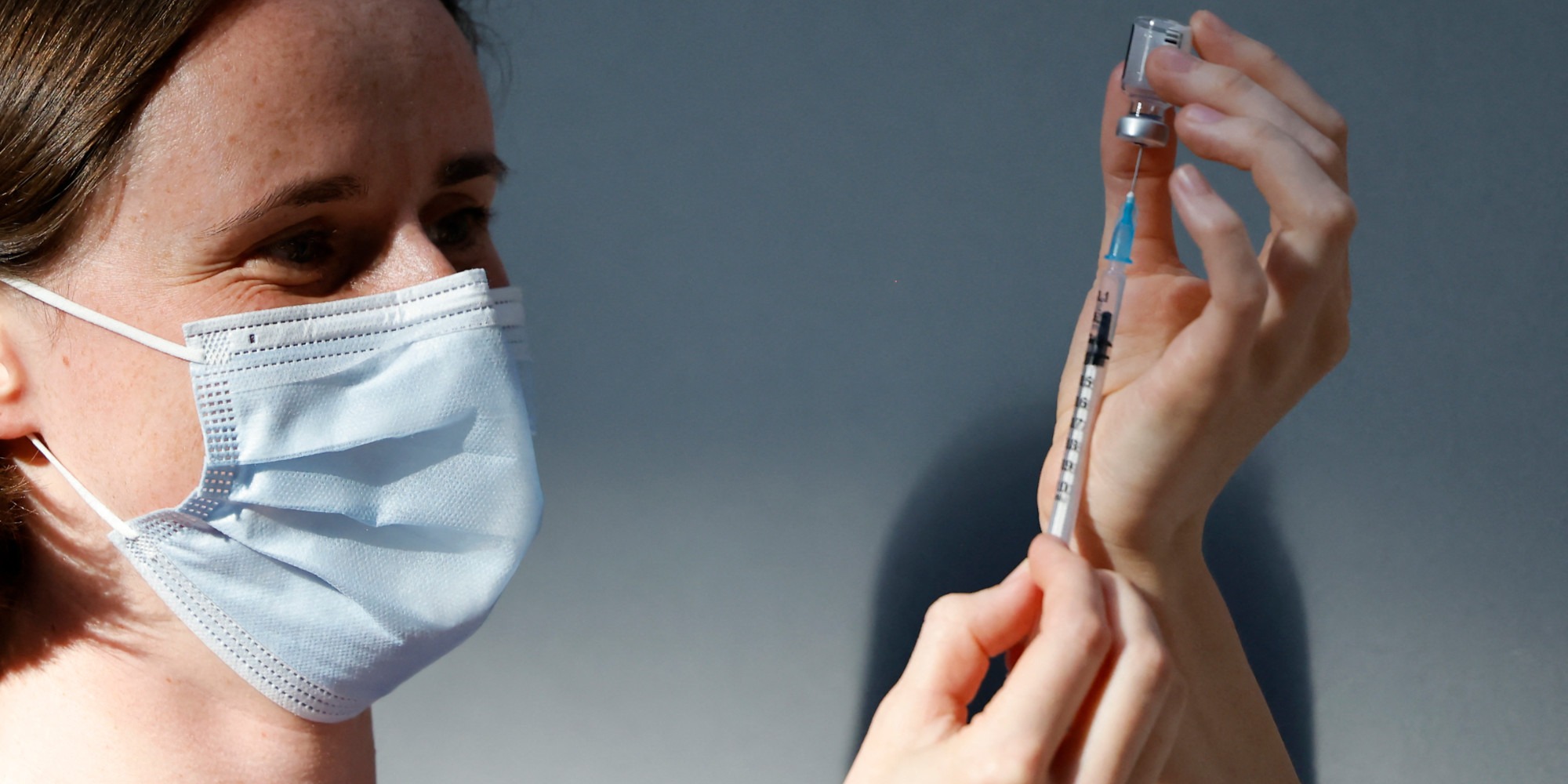The vaccination obligation for caregivers can “be legitimate” in the event of a health crisis potentially jeopardizing the healthcare system, the National Consultative Ethics Committee estimated on Tuesday. However, he reminds us that this is not the only prevention tool.
The vaccination obligation for caregivers can “be legitimate” in the event of a health crisis potentially jeopardizing the healthcare system, estimated on Tuesday the National Consultative Ethics Committee (CCNE), which favors the simple “recommendation” in a context fluent. At the end of March, the High Authority for Health (HAS) had given a favorable opinion on the lifting of the vaccination obligation against Covid for caregivers, immediately followed by the government which authorized the return of unvaccinated personnel.
Not the only prevention tool
The government had also requested the opinion of the CCNE, seized last November by the Minister of Health on the question of the vaccination obligation for health professionals and professionals working in the health and medico-social sectors. In this 54-page advisory opinion, published on Tuesday, the Ethics Committee recalls that protecting patients is “a major imperative for caregivers” and that vaccination cannot be considered the only prevention tool, other measures such as wearing a mask or ventilation to be implemented. He also distinguishes two situations: the “current” context and a “health crisis” context.
“In the event of a health crisis potentially jeopardizing the healthcare system”, in the presence of a solid scientific corpus guaranteeing the efficacy (even moderate) and the safety of the vaccine concerned, he considers that the political decision to decide an obligation vaccine for caregivers “may be legitimate”. On the other hand, “in a current context”, the CCNE favors the use of simple “vaccination recommendations”, except for vaccines having demonstrated a very high benefit-risk ratio such as that against hepatitis B which may remain compulsory.
“More information around” vaccines
“We clearly distinguish a period of crisis, in which a political decision of obligation can be taken and a period of non-crisis, where we must try to go through the simple recommendation”, underlined to AFP the president of the CCNE, Jean-Francois Delfraissy. Clearly, the question of the obligation to vaccinate caregivers can only arise “as a last resort”. The ethics committee also encourages caregivers to take up “the discussion on vaccination”. “We need more information around this subject, so as not to leave this question taboo”, reported Jean-François Delfraissy.
